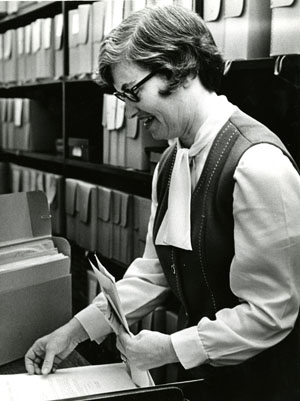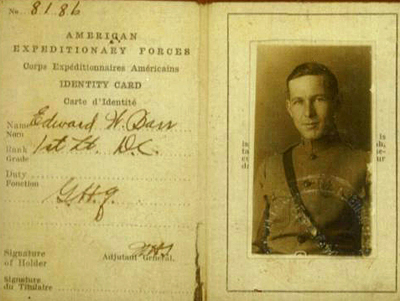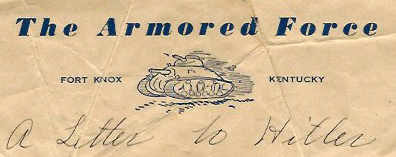“He lived to a good old age, three score and ten. He was an honest man and a good citizen. May the sod rest lightly upon him.” So was the blessing of an old friend on hearing of the death of James William “Gee” Pool in 1907.
A member of one of the oldest families of Metcalfe (formerly Barren) County, Kentucky, Gee wore several hats during his life, one of them being, as we have seen, that of a hotel-keeper in Horse Cave. In addition to having a wide circle of lady friends (one of whom referred to her rivals as his “sugar plums”), in his youth Gee appears to have enjoyed raising a glass or two with his cousin and contemporary, John I. Pool.
Feigning regret at such indulgence (and possibly under the influence at the time), the two entered into an agreement. “It is highly necessary that we should curtail the use of ardent spirits,” read their contract. Therefore, under penalty of one gallon of “good rye whisky,” they covenanted “not to get drunk but three times in the next twelve months,” said times being July 4, Thanksgiving Day, and Christmas Day.
But there was a mile-wide loophole in the contract. Given the obvious benefit of spirits to “our health, morals & good name,” the cousins also agreed to “get gentlemanly tight on all Election days, horse races, shows, Temperance celebrations and on all irreligious and religious occasions”. . . and, for good measure, on January 8, February 19 and March 4, dates having a significance known only to these two drinking buddies.
Gee and John Pool’s “contract” is part of the Howard and Anne Doll Collection in the Manuscripts & Folklife Archives section of WKU’s Department of Library Special Collections. Click here for a finding aid. For more of our collections, search TopSCHOLAR and KenCat.










